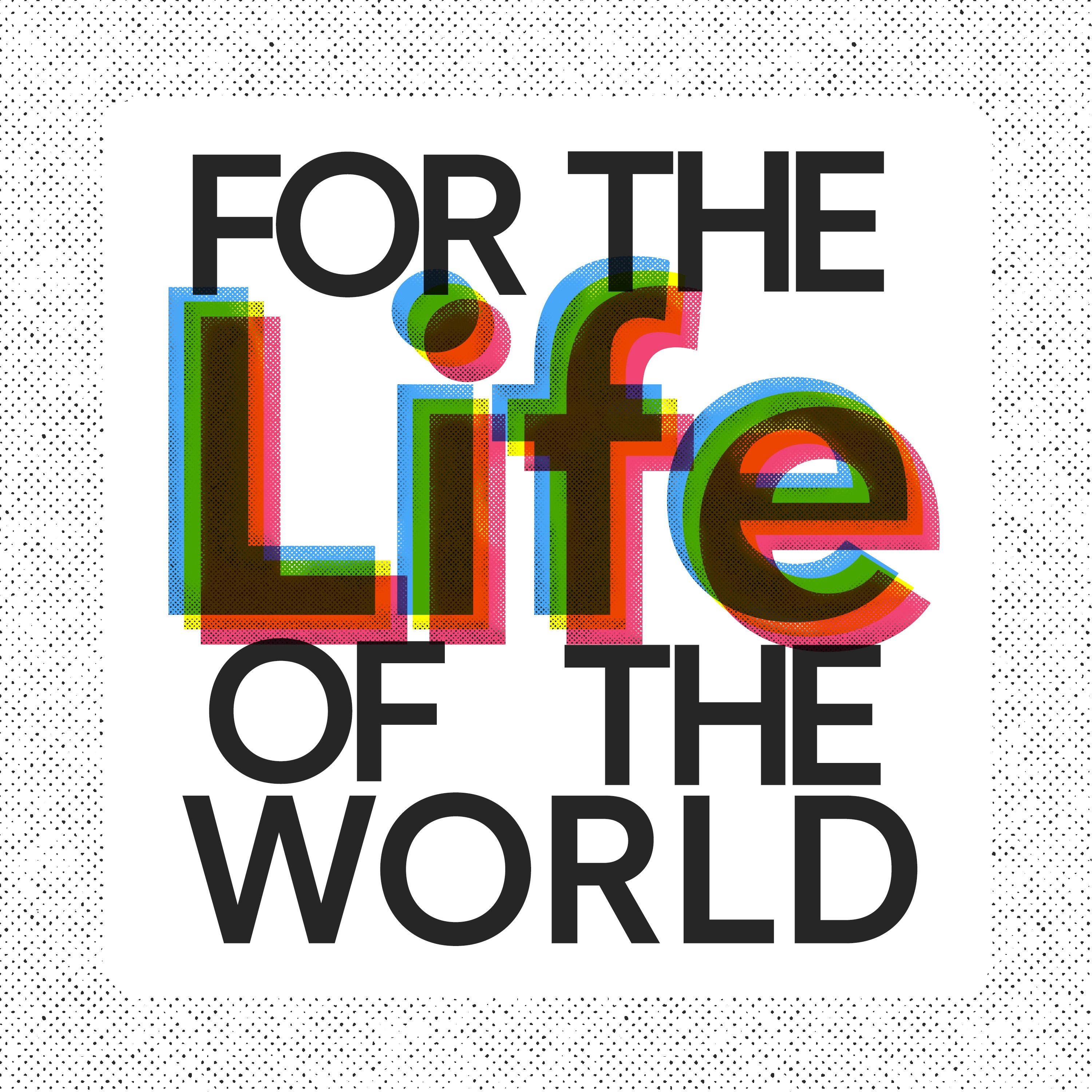- After-Shows
- Alternative
- Animals
- Animation
- Arts
- Astronomy
- Automotive
- Aviation
- Baseball
- Basketball
- Beauty
- Books
- Buddhism
- Business
- Careers
- Chemistry
- Christianity
- Climate
- Comedy
- Commentary
- Courses
- Crafts
- Cricket
- Cryptocurrency
- Culture
- Daily
- Design
- Documentary
- Drama
- Earth
- Education
- Entertainment
- Entrepreneurship
- Family
- Fantasy
- Fashion
- Fiction
- Film
- Fitness
- Food
- Football
- Games
- Garden
- Golf
- Government
- Health
- Hinduism
- History
- Hobbies
- Hockey
- Home
- How-To
- Improv
- Interviews
- Investing
- Islam
- Journals
- Judaism
- Kids
- Language
- Learning
- Leisure
- Life
- Management
- Manga
- Marketing
- Mathematics
- Medicine
- Mental
- Music
- Natural
- Nature
- News
- Non-Profit
- Nutrition
- Parenting
- Performing
- Personal
- Pets
- Philosophy
- Physics
- Places
- Politics
- Relationships
- Religion
- Reviews
- Role-Playing
- Rugby
- Running
- Science
- Self-Improvement
- Sexuality
- Soccer
- Social
- Society
- Spirituality
- Sports
- Stand-Up
- Stories
- Swimming
- TV
- Tabletop
- Technology
- Tennis
- Travel
- True Crime
- Episode-Games
- Visual
- Volleyball
- Weather
- Wilderness
- Wrestling
- Other
Reframing Disability: Agency, Possibility, and Radical Dependency / Calli Micale
Show NotesInstructive irony: Evan’s disabling experience of setting up a microphone for a podcast interviewThree ways to think about disability: Minority Model (Impairment of Individuals), Social Model (Societal factors create impairment), and Political Model (emerges from collective action and identity; generated from Americans with Disabilities Act)Chronic pain, real sufferingAll three models are important“Look at the arrangement of society—the conditions of possibility that empower our lives or that create obstacles to our flourishing.”How to Speak About Disability 101Care, solidarity, advocacy, and inclusionUnderstanding the ethics of disability through stories: narratives of the body, biblical narratives of healing, and theological storiesAugustine’s City of God and moral impurity and the wounds of martyrs as glorified and amplified in resurrected bodiesThe hurt of “fixing” those with disabilitiesDoubting Thomas and exploring the resurrection wounds of ChristStory: Physical disability and amputation“It always starts with thinking about the loss”Hope and possibility through the lossReligion and spirituality as a tool to both help and also a self-critique of the “wholeness” or “normal” narrative.Critiquing the brokenness-wholeness narrative of disability“Drawing attention to the site of divine activity.”Is disability connected to sin?John 9:1-41: Jesus Heals the Man Born BlindSlowness, constancy, unwavering faithStory: Intellectual disability and autismOxana’s CymbalsternCymbalstern (or Zimbelstern) is a star-shaped organ stop that makes a clanging, ringing sound during organ playing.Xenophobia, fear of difference, and stigmaCalli reacts to the truism: “There are only two kinds of people: those who are disabled and those who will be disabled.”Visible and invisible disabilities: depression, anxiety, and mental healthAre disabled lives worth living?Story: A surgeon develops multiple sclerosisRadical dependence on othersPower, agency, and interdependency on othersStart with the bare conditions of possibility, and then how those conditions of possibility change when disability emerges?AboutCalli Micale obtained her PhD in Religious Studies at Yale University and MDiv from Princeton Theological Seminary. Her dissertation, "Crip Conversion: On Affect, Disability, and Grace," brings resources from affect theory, feminist theory, and queer/crip theory to bear on questions concerning intellectual disability and the experience of grace. She has presented research at conferences in both the US and the UK. Calli currently serves on the steering committee for the Schleiermacher Unit of the American Academy of Religion. In addition, Calli is an active member of the ELCA. She currently serves as Vice President of Bethesda Lutheran Church in New Haven, and she chairs the church's Mission Endowment Fund Committee. While she regularly preaches in and around New Haven County, over the years her preaching has been heard at a wide-range of locations—from a small island along the Atlantic coast to her hometown in northeastern Wisconsin. In her spare time, you can find Calli enjoying long walks with her daughter, Lily, and their pup, Rosie.Production NotesThis podcast featured Calli MicaleEdited and Produced by Evan RosaHosted by Evan RosaProduction Assistance by Logan Ledman, Macie Bridge, and Kaylen YunA Production of the Yale Center for Faith & Culture at Yale Divinity School https://faith.yale.edu/aboutSupport For the Life of the World podcast by giving to the Yale Center for Faith

